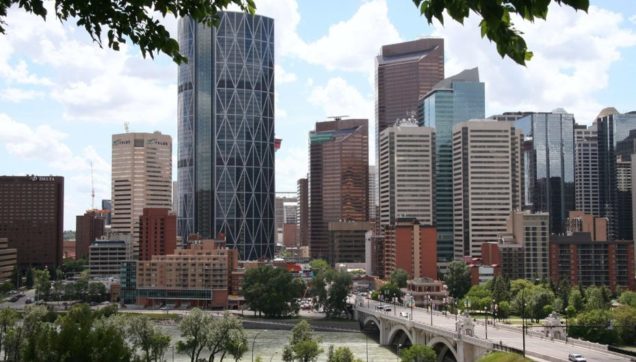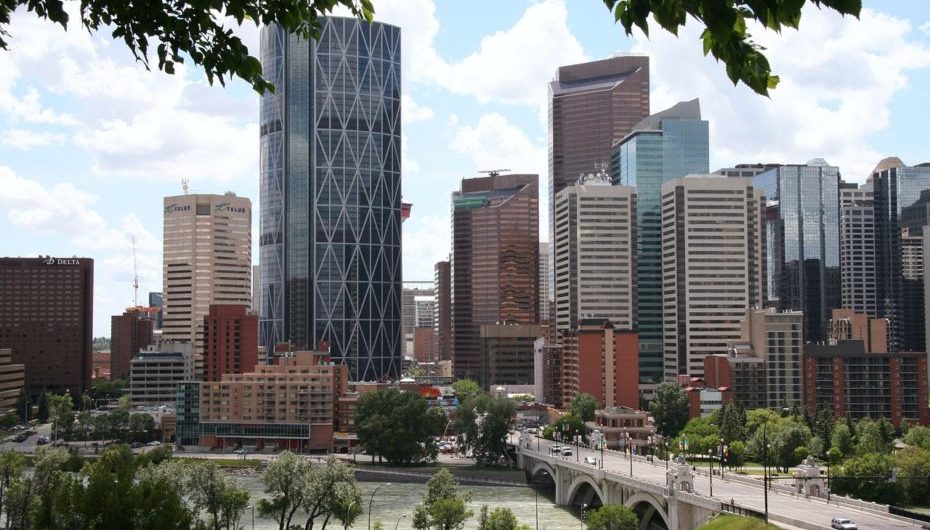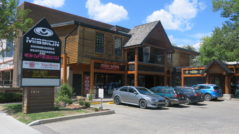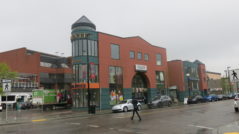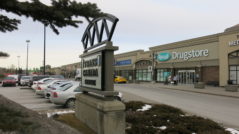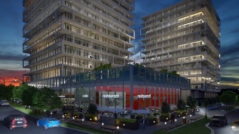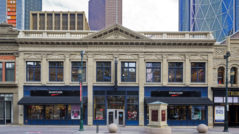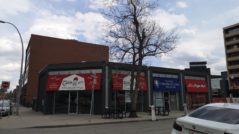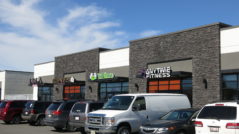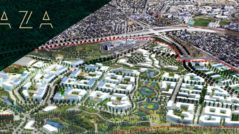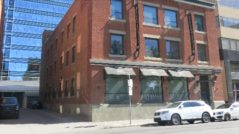Understanding zoning laws is necessary to know whether or not you are able to make changes to your building. Zoning laws are ways that local government can determine what structures can be built and where. Zoning laws also affect how properties can be re-purposed and if it is possible to completely replace an existing building.
Let’s look briefly at the various zoning laws that affect residential and commercial property in Calgary.
Residential zoning laws
Laws regarding residential areas are easiest to understand. Areas of the city that have been zoned for residential use include single family housing, duplexes, row housing, low rise apartment buildings, high rise apartment blocks, and even mobile homes.
If you are planning to invest in residential properties, it’s important to understand what type of housing can be built in a specific area. For example, some zoning laws only allow single-family housing and duplexes but no row housing more than 4 units.
Commercial
Land use bylaws in Calgary for commercial real estate are essential to the development of the city. Provision is made in the bylaws to zone for commercial properties in strategic areas of the city.
For example, commercial zoning allows for shopping centres, office blocks, business zones near major highways, and mixed business zones.
Inner cities often have commercial office zones that include commercial and residential developments.
Industrial
Industrial zones include commercial real estate for businesses that may cause nuisance factors if they were near residential zones. Industrial zones are generally for businesses that are connected with assembly, manufacturing, or distribution services. Also, businesses that emit toxic fumes or cause noise pollution are located in industrial zones.
Urban services
Zones that are reserved for urban services usually include facilities that provide utilities for residential and commercial customers. For example, electricity stations, waste management services, sewage disposal, and public transportation are all in zones for urban services.
Other types of urban areas include parks, recreational facilities, and tourism.
Agricultural
Outside of the city, agricultural zones are developed to regulate how urban land is to be used.
Direct control zoning
Direct control zoning is applied to areas of the city or buildings that are of special historical, architectural, or environmental significance.

